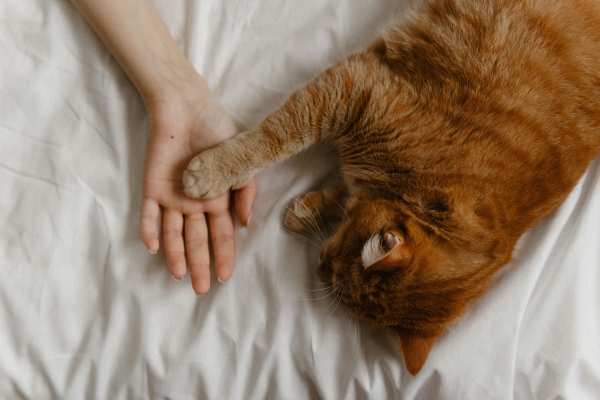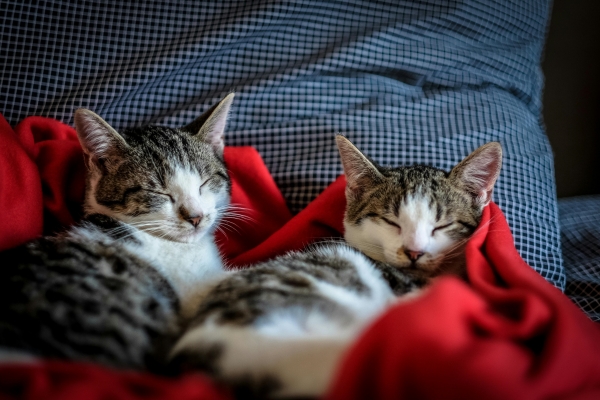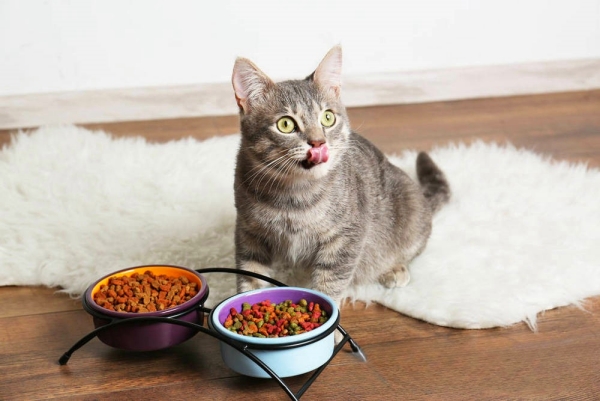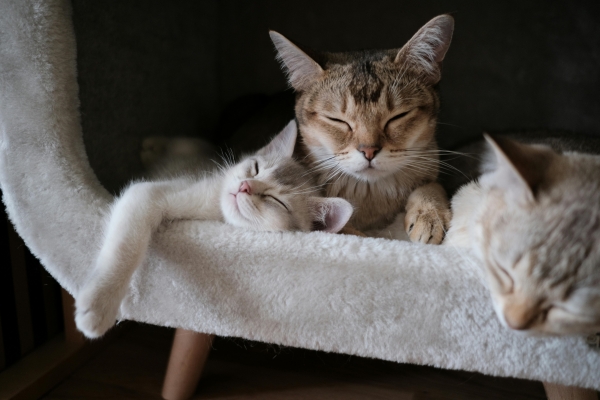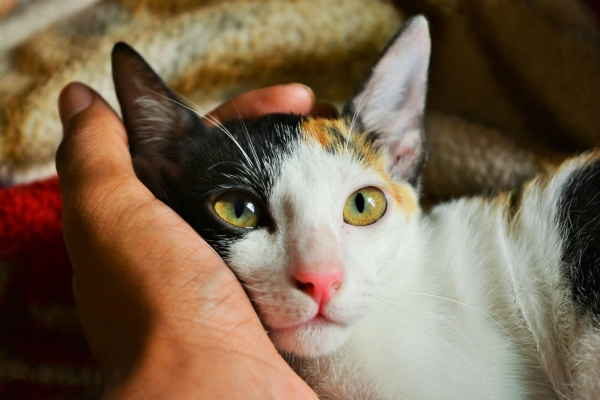Caring for Senior Cats
When is a Cat Considered Senior?
According to the American Association of Feline Practitioners (AAFP), cats are considered senior at 10 years old. However, many veterinarians start considering cats as seniors at 7 years old, which means increasing health check-ups from once a year to every six months. Cats are experts at hiding illness and pain, so regular check-ups are crucial.
Signs of Aging in Senior Cats
Physical Signs
– Weight Changes: Weight gain or loss.
– Reduced Mobility: Difficulty jumping and decreased overall activity.
– Eating Issues: Difficulty eating or loss of appetite.
– Dental Disease: Increased dental problems.
– Vision Decline: Especially night vision deterioration.
– Hearing Loss: Gradual reduction in hearing.
Behavioral Signs
– Increased Sleep: Noticeably longer sleep times and reduced activity.
– Reduced Grooming: Less frequent self-grooming.
– Confusion: Wandering around rooms and showing signs of confusion.
– Litter Box Issues: Accidents around the house or difficulty using the litter box.
– Increased Hiding: Hiding more frequently.
Common Health Issues in Senior Cats
– Dental Disease: Over 80% of cats over five years old have dental issues. Regular brushing and professional cleanings can prevent this.
– Arthritis: Affects over 90% of cats aged 10 and above, leading to limited mobility.
– Kidney Disease: Affects over 20% of cats, with symptoms including increased drinking and loss of appetite.
– Hyperthyroidism: Signs include weight loss, increased appetite, and more frequent vocalizations.
– Inflammatory Bowel Disease: Common symptoms include vomiting, diarrhea, and weight loss.
– Diabetes: Common in overweight senior cats, with weight management being key to prevention.
– Cancer: Senior cats are more prone to intestinal, mammary, and oral cancers.
– Cognitive Dysfunction Syndrome: Affects 80% of cats aged 15 and above, with symptoms like disorientation, night-time vocalization, and accidents around the house.
Caring for Senior Cats
Meeting the Needs of Senior Cats
Senior cats benefit from extra care. They might forget to eat or drink, or find it hard to navigate stairs. Ensure they have easy access to fresh food and water daily. Provide a warm sleeping area, like a heated cat bed, and consider placing a litter box on each floor of the house with a low-entry design for easier access.
Regular Veterinary Visits
All cats aged 7 and above should have a complete check-up every six months, including blood tests and hypertension screening. This is equivalent to humans seeing a doctor every three to four years. Regular check-ups are essential for early detection and treatment of illnesses, ensuring your cat’s well-being.
Monitoring Your Senior Cat
Keep an eye on any physical or behavioral changes and contact your vet for guidance. Regularly weighing your cat helps monitor their health. Invest in a high-quality scale that measures in ounces for accurate tracking. Video cameras like Wyze® Cam Pet Camera or Petcube® Bites Treat Dispenser Camera can help you monitor your cat’s activities when you’re not home, providing peace of mind.
Best Food for Senior Cats
Annual blood tests can help your vet determine if dietary changes are needed. It’s recommended to transition cats to senior cat food around 7 years old. The choice between non-prescription and prescription diets, as well as dry or canned food, depends on your cat’s specific health and weight. Consult your vet for the best dietary plan for your senior cat.
By following these guidelines, you can create a comfortable living environment for your senior cat, detect and address health issues early, and ensure they enjoy a happy, healthy later life.

